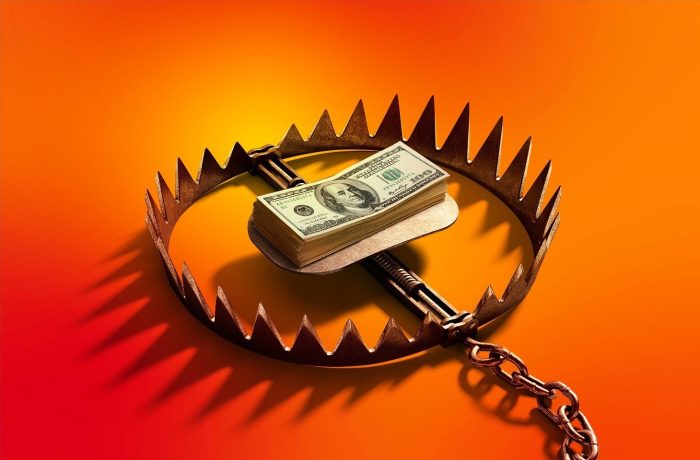
Messengers 101: safety and privacy advice
A dozen short and simple tips on how to use WhatsApp, Telegram, Signal, iMessage, WeChat, and other messaging apps safely and hassle-free.
252 articles

A dozen short and simple tips on how to use WhatsApp, Telegram, Signal, iMessage, WeChat, and other messaging apps safely and hassle-free.

Archives are being used in targeted phishing and other attacks on organizations. What tools, settings, and policies can mitigate the threat?

Scammers are exploiting GetShared to bypass email security.

Takeaways for regular crypto holders from the biggest crypto heist in history.

We’ve added technology that checks QR codes in emails for phishing links.

Eight signs your WhatsApp account has been stolen — and steps to recover and protect it.

Everything you wanted to know about meme cryptocurrencies — such as TRUMP and DOGE — and ways to win or lose big.

We look into every method of hijacking WhatsApp, Telegram, and other messaging accounts – from quishing to fake gifts and viruses, and ways to protect yourself against them.

Every file, video, etc. we share contains a lot of hidden additional information — metadata. What’s it for, and is it really necessary?

How to avoid giving away your password to scammers when logging in to third-party sites or viewing “encrypted” or “confidential” documents.

Scammers have invented a new trick — they post cryptowallet seed phrases in YouTube comments using newly created accounts. Here’s how it works

Scammers posing as buyers snatch one-time codes during online product demos.

Cybercriminals are enticing Telegram users with free subscriptions. Is this an unexpected act of generosity or just another scam?

Five dead simple tips to greatly improve your defenses against cybercriminals.

Cybercriminals have devised a new ruse: luring gamers to a modish crypto tank-game to gain full access to their computers.

Phishers have adopted another trick: they send emails pretending to be from Docusign with a fake link to a document that the recipient must sign.

This phishing campaign incorporates ghost spoofing, embedded text in images, a PDF file, a QR code, DocuSign imitation, and Cloudflare verification — yet it still completely misses the mark.

We’ve discovered a new Trojan that’s very selective about its victims.

Telegram bot sells subscriptions to phishing tools to hack Microsoft 365 accounts, including 2FA bypass.

Cybercriminals are using AitM techniques to compromise accounts of company executives. How do they do this, and how to protect against it?